Confusion surrounding federal regulations around religious holiday music contributes to resignation of orchestra director
After seven years of service, Ms. Katie Schmitt surrenders position after what some say is an attempt to censor music program. However, regulations regarding music options for public schools have long been in place.
Many Christmas songs are still allowed to be performed during music performances.
Orchestra director Katarina Schmitt left Mead High School in mid November several weeks after sending an email to students and families explaining she could no longer work at MHS due to “holiday music being banned” and because “the district now prohibits all school affiliated snow recreation due to risk of injury” which left the Orchestra program’s annual ski trip canceled.
In an interview with The Mav shortly after she announced her plan to resign, she said her decision to leave was related to the enforcement of a federal regulation claiming songs cannot be religious and that her values did not align with that mandate.
She said, “As a Christian, I just [didn’t] feel that I could be in a place where we were censoring music specifically to do with God.” She continued, “For me, it was [in] direct conflict with my values.”
There appeared to be confusion about national guidelines and regulations, especially regarding music and what is or cannot be accepted in music programs in St. Vrain Valley Schools.
It is important to note when reviewing the events of the past few months that there have been no new rules made regarding the music students play at school.
The district has a guideline written by Cathy Tallerico, a litigator who specializes in representing governmental entities such as school districts, that outlines what music is suitable for the holiday season that does not violate student rights.
The First Amendment protects students and public employees from being subject to an establishment of religion (in addition to other protections). In this case, the Supreme Court often uses an approach called the Lemon test (which refers to a specific court case) in order to determine if something students are being asked to do is overtly relgious. If an activity is deemed to be in conflict with this test, it becomes against the law to assign a grade for that particular assignment.
An example of this is requiring prayer in schools.
When it comes to music, students cannot be forced to perform a particular song if it violates the establishment clause (establishment of religion). As Mead High School is a public school in the U.S., a student should not be put in a position where their grade relies on performing a sacred song closely related to someone else’s religion.
Principal Dr. Brian Young explained that, “schools can’t have excessive entanglement [with religion], and anytime [schools] do something, it has to be for a secular purpose.”
Dr. Young also said that “especially around the holiday season, we tend to focus on one holiday and one religious belief system”. For this reason, he said the school needs to regularly consider the question: “Are we pushing just one religion?”
Although public schools need to be cautious with how they approach songs based on religious practices, there are many opportunities to use these songs that can benefit a student’s musical education.
“We have in our standards that we’re allowed to teach about different cultures and backgrounds. [Educators are] welcome to teach about these things as long as [they’re] teaching about the history and the musicality of those cultures along the way,” said Dr. Young.
The First Amendment “does not forbid all mention of religion in the public schools” according to the National Association for Music Education.
The same teacher organization also says, “A second clause in the First Amendment prohibits the infringement of religious beliefs. The public schools are not required to delete from the curriculum all materials that may offend any religious sensitivity.”
In other words, students are allowed to choose to perform religious music on their own volition, but the school cannot mandate it.
The balance between religious promotion and inhibition, as mentioned by Dr. Young, is difficult.
Many traditional holiday songs are allowed to be performed. Topics that include characters like Rudolph, Santa Claus, Frosty the Snowman, and others are secular and are still fully on the table for musical integration; that being said, overtly religious music is not condoned.
In the same email she sent students and families regarding her resignation in October, Ms. Schmitt wrote, “Because I know I can no longer go along with accepting and conforming to ever-changing rules, and because I also feel strongly that I should not drag students into any drama that would inevitably be caused by my resistance, I have made the difficult decision to resign.”
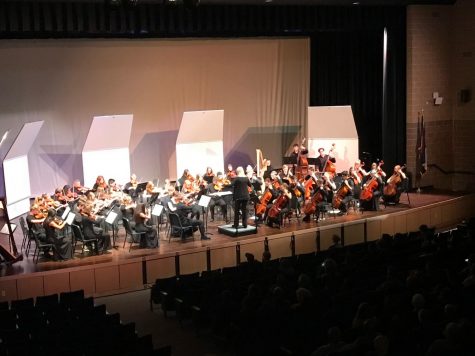
Ms. Schmitt taught for over seven years and in that time worked with hundreds of students.
Students shared with The Mav that they felt Ms. Schmitt was a welcoming teacher who helped their musical talent grow.
“I always felt comfortable talking with her and in her classroom. I like how she helped me explore music in a more casual way,” said Renya Morrissey (’23).
The 2020-2021 Stampede, MHS’ Yearbook, recorded the following about their school year: “Orchestra put in countless hours and dedication to produce beautiful music and forge unbreakable friendships. During their concerts, audiences could feel their undeniable passion for music.”
In November, MHS welcomed Ms. Holli Young as the new Orchestra teacher.
Ms. Schmitt now teaches strings at Belleview Christian School in Westminster, CO.
Your donation will support the student journalists of Mead High School. Your contribution will allow us to purchase equipment and cover our annual website hosting costs.
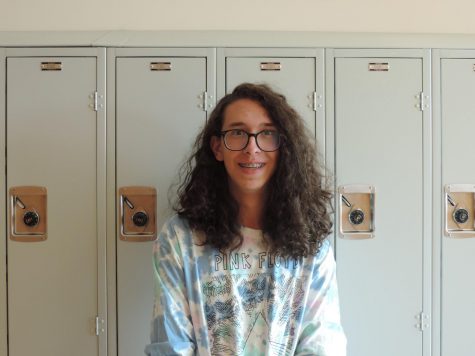
Mason McClellan is a senior, they enjoy reading, music composition, and musical performance. They are involved in both the jazz and marching band programs at Mead High, and they are looking forward to being more active in the school's music and journalism programs. They look forward to leaving Mead High better than how they found it.

Zoe is a senior at Mead High School. She enjoys going to car meets, shopping, and gaming with friends. She’s passionate about making differences in peoples lives, and looking for the good in everything. She’s looking forward to sharing various views and sharing valuable insight this year.

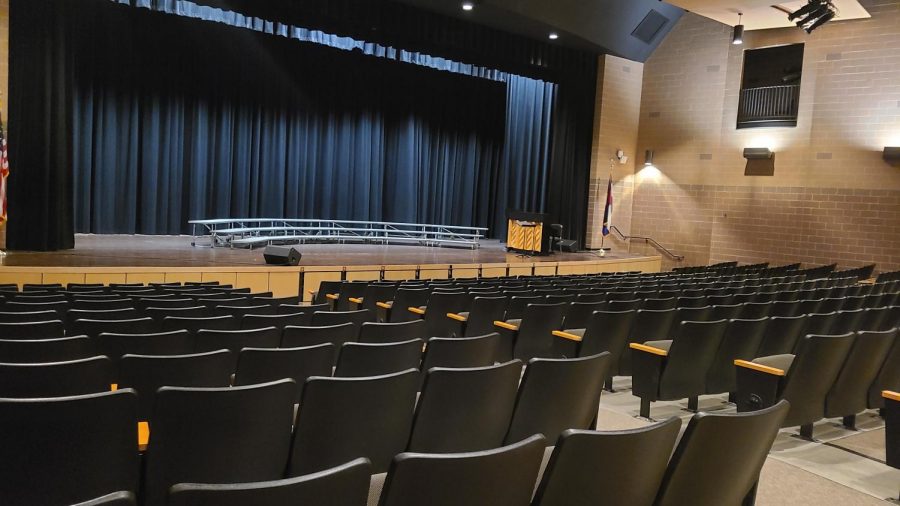







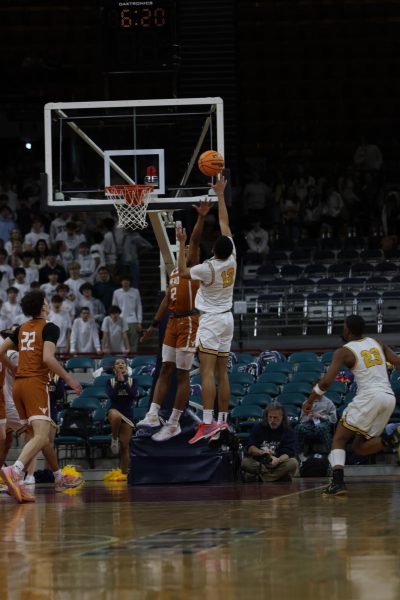


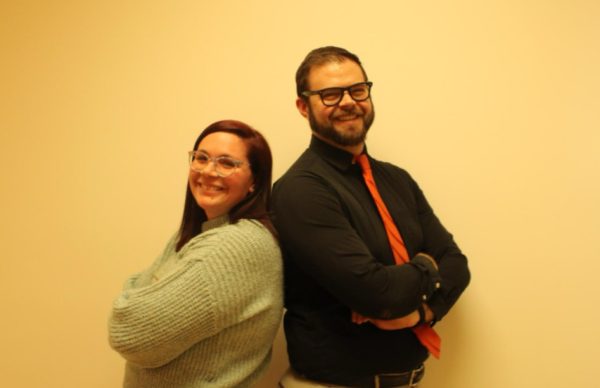
Melia • Dec 16, 2021 at 9:40 am
This was an amazing article that expressed multiple perspectives perfectly. It flowed seamlessly and was genuine with how the information was presented. I wish her the best for her new career. 🙂
Stacy • Dec 16, 2021 at 9:37 am
Great article, really informative and helps others understand the situation happening with the music department. 🙂
Rachel Long • Dec 8, 2021 at 12:20 pm
Very well written article. Thank you for providing more details on the law and how it is interpreted. I’m glad our school is becoming more equitable in our practices. I wish the best of luck to Ms. Schmitt in her new position and am looking forward to having Ms. Young as a new member of the Mead family.
Chad Lemons • Dec 8, 2021 at 11:39 am
Thank you for taking the time to craft an article that serves our school community and provides facts that were less accessible earlier this semester. I am thankful for everything Ms. Schmitt contributed to the MHS Orchestra program and excited for Ms. Young’s vision and direction she will take the program moving forward.